The Communist Party of China (CPC) on Monday began its ‘fourth plenum’ meeting to rubber-stamp President Xi Jinping’s economic agenda for the next five years. The conference will continue until Thursday.
Xi delivered a speech on the opening day of the plenum. State-run news agency Xinhua reported that Xi “expounded on the Party leadership’s draft proposals” for the next five-year plan for national economic and social development.
Outside China, analysts and investors are closely watching the meeting for clues about the direction the country may take. The gathering comes at a challenging time when China is locked in a trade war with the United States, consumer spending has slumped, and economic growth has slowed.
Last month, a report by Chinese lawmakers offered some insight into the country’s likely trajectory in the coming years.
“At the heart of strategic rivalry among the great powers is a contest for comprehensive strength. Only by vigorously upgrading our own economic power, scientific and technological strength, and overall national power can we win the strategic initiative,” the report said, according to The New York Times.
While some details of the plenum’s decisions are expected to be released after the meeting concludes on Thursday, the full plan is unlikely to be made public before March 2026 when China’s rubber-stamp legislature, the National People’s Congress (NPC), is expected to approve the draft five-year plan for 2026–30.
Fourth plenum’s evolving role in Xi’s Era
A plenum refers to a meeting of the CPC’s Central Committee, which comprises 205 full members and 167 alternate members. The fourth plenum denotes the fourth such meeting within the Central Committee’s five-year term, which has traditionally focused on Party governance.
However, Xi has broken with this tradition, using the current fourth plenum to focus instead on economic matters.
Scholars have noted that the decision to sideline party governance discussions this year is puzzling, given Xi’s zealous efforts to reshape the CPC since he assumed leadership in 2012. Over his 13-year rule, Xi has abolished term limits —effectively making himself president for life— and purged numerous senior officials to eliminate potential rivals.
Impact Shorts
More ShortsJust last week, Xi expelled China’s second-highest-ranking general, He Weidong, along with eight other senior officials from the CPC.
He had served as Vice-Chair of the Central Military Commission (CMC), the country’s top military body chaired by Xi himself. Following his expulsion, the seven-member CMC has been reduced to just four members—reportedly the lowest number in post-Mao China—highlighting the extent of Xi’s consolidation of power.


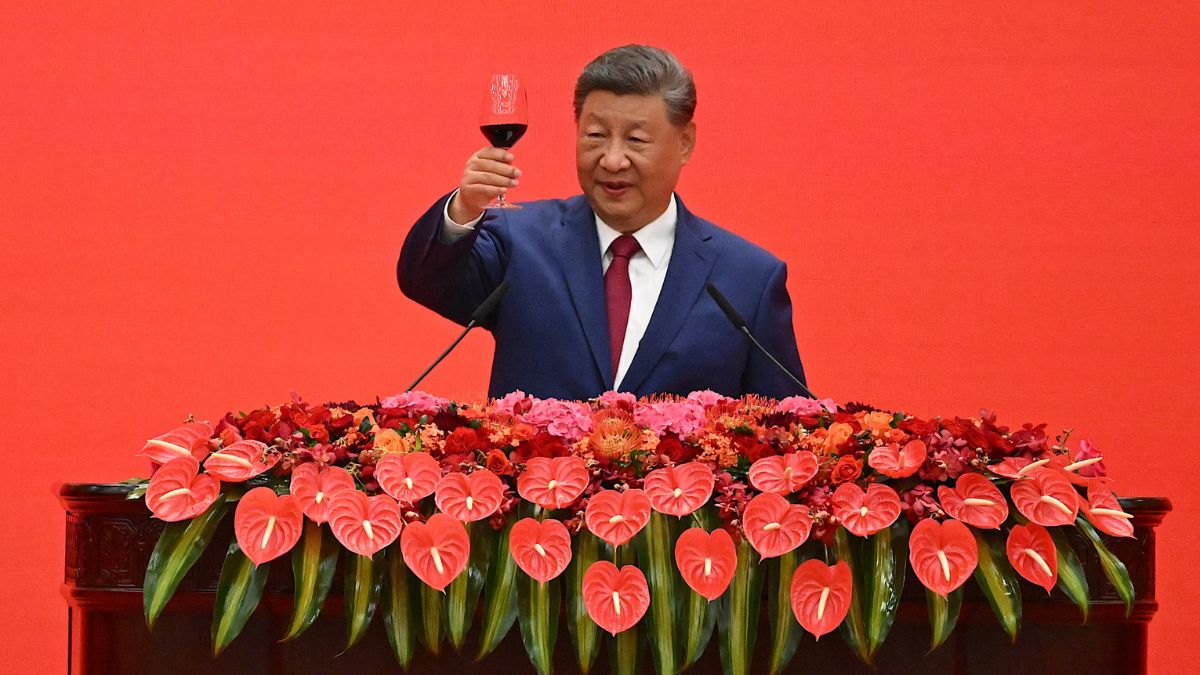)
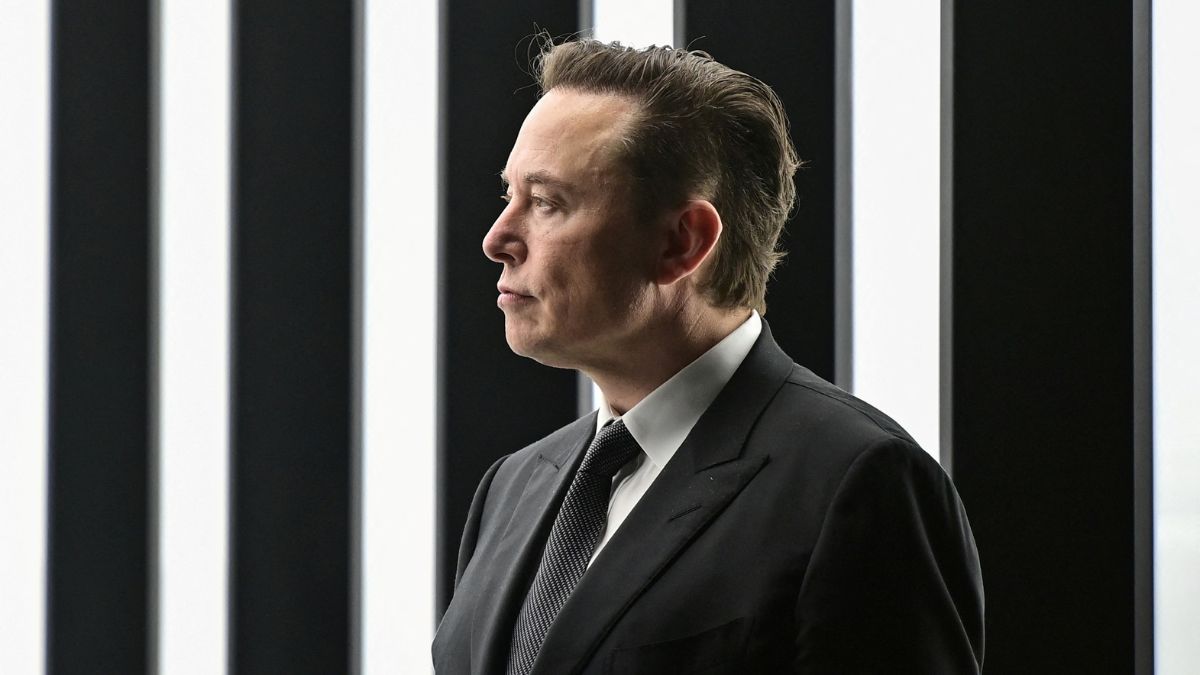
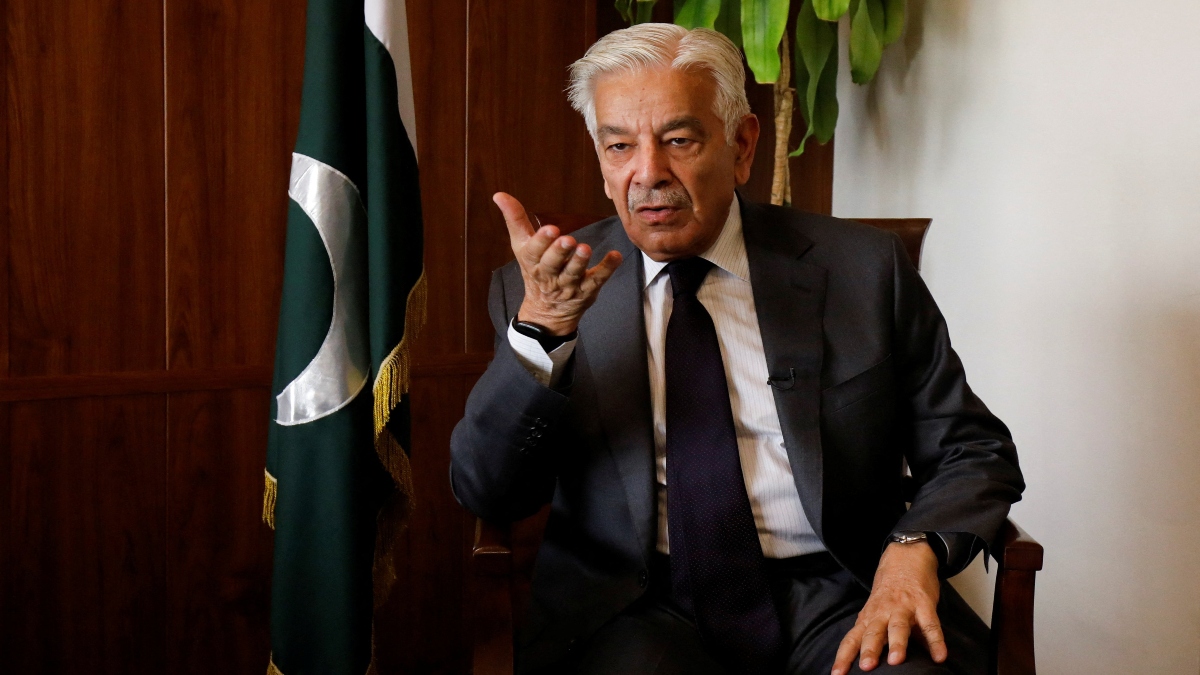)
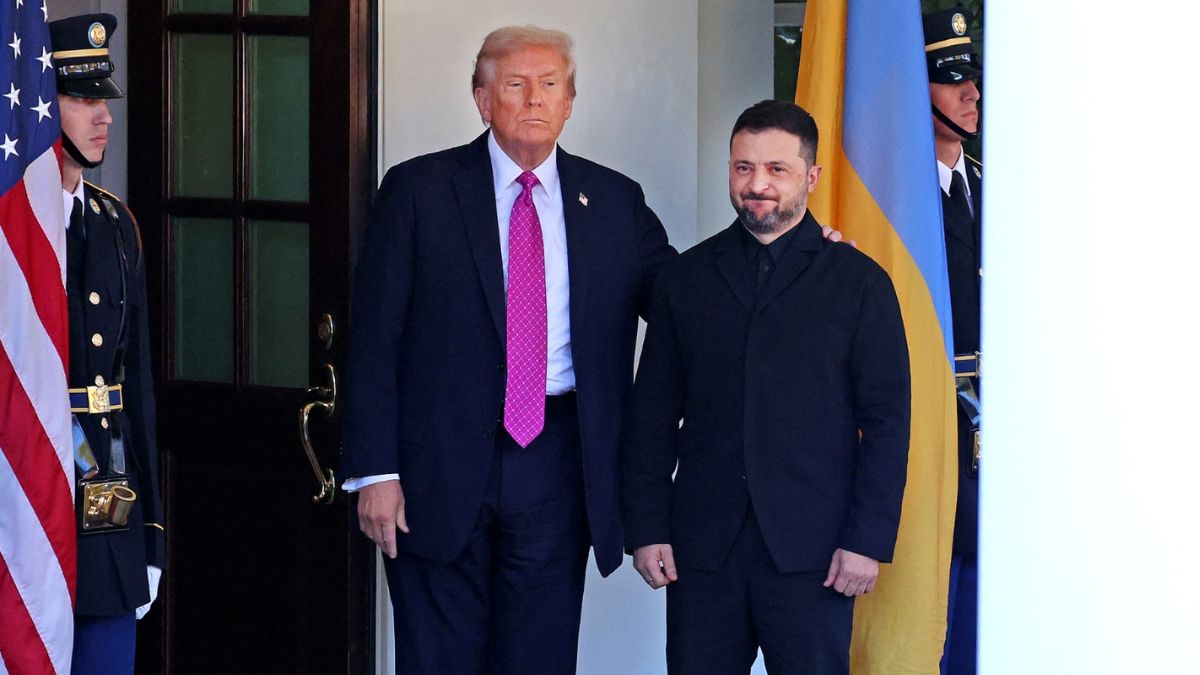)
)
)
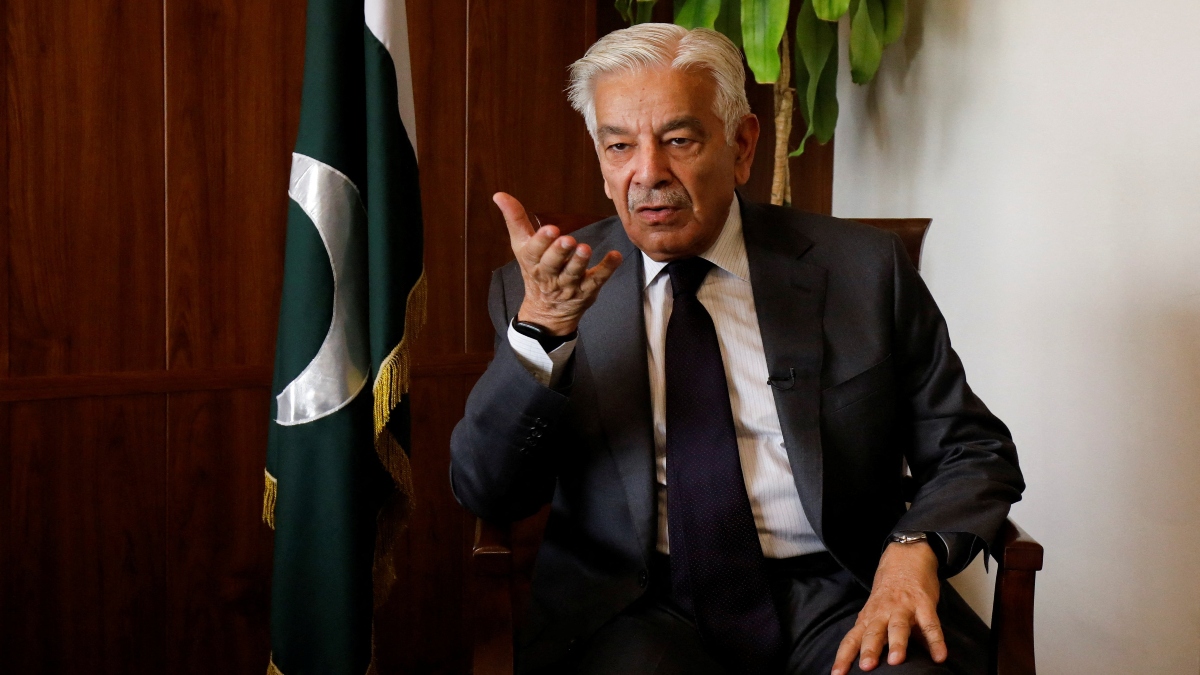)
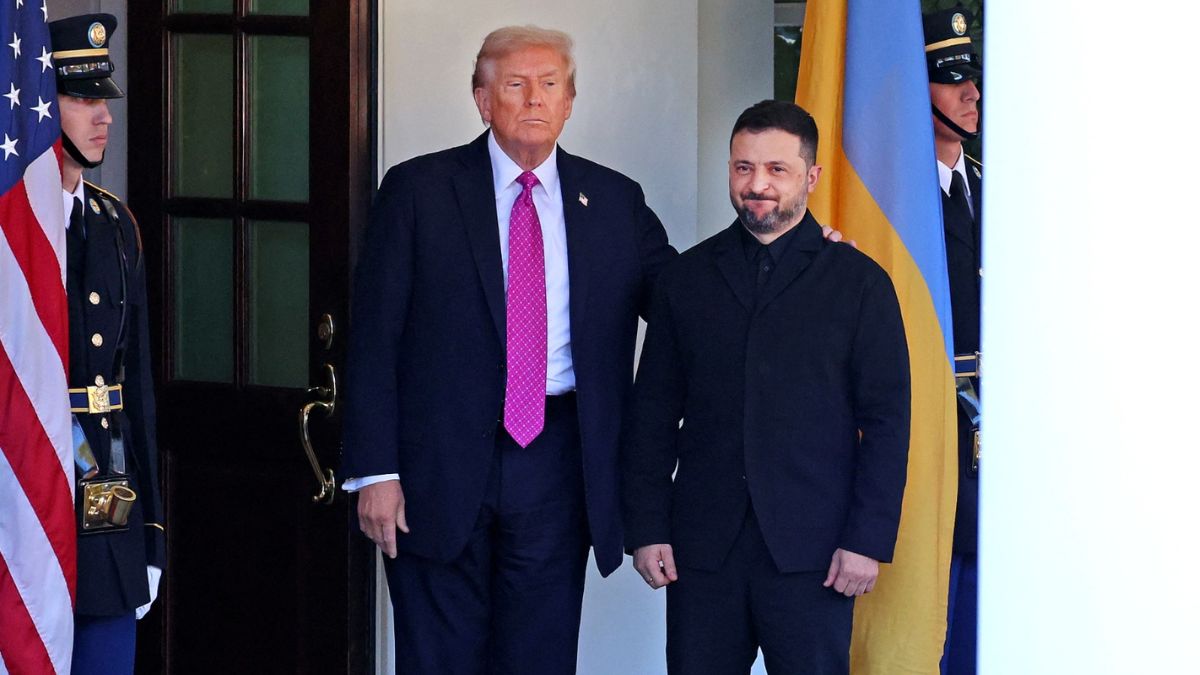)
)
)



